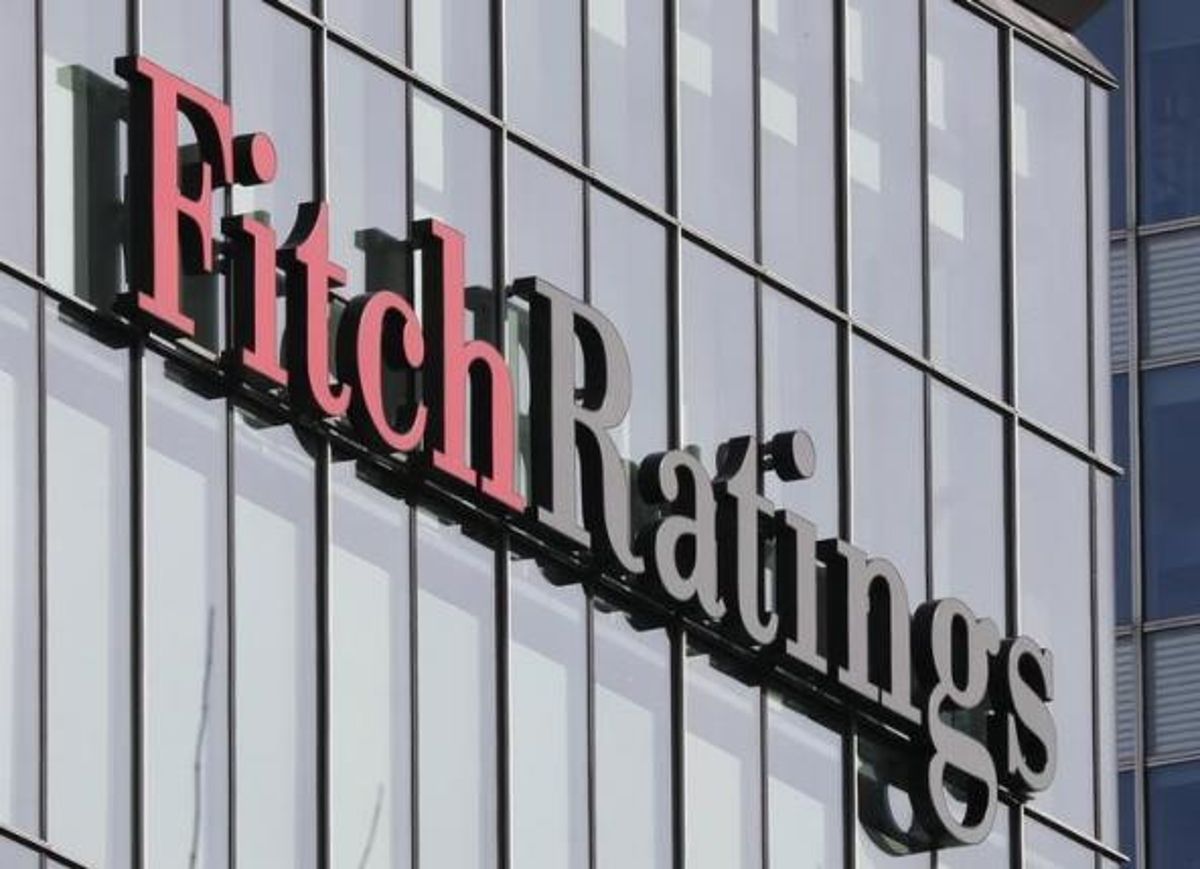
"Political uncertainty and a challenging reform agenda mean delays to future disbursements under Ukraine's IMF programme cannot be ruled out, highlighting Ukraine's persistent external vulnerabilities," it said in a statement.
The IMF on September 14 announced the approval of a new $1 billion disbursement following the second review of its $17.5 billion four-year Extended Fund Facility.
The review was delayed for nearly one year as political tensions saw the previous coalition government lose its majority and hampered the passage of reforms under the Volodymyr Groysman administration that took office in April.
Fitch experts say that the disbursement of the IMF tranche would strengthen a weak reserves position and should also unlock U.S. loan guarantees and EU funds, which are an important component of the government's financing plan.
"Developments since we affirmed Ukraine's 'CCC' sovereign rating in May are consistent with our view that the Groysman government would move to secure the delayed IMF disbursement, but that progress on the necessary reforms would be piecemeal," Fitch said.
According to Fitch, implementation of some anti-corruption measures, detailed to the IMF in July 2015, has been slow, although a new system to monitor the income and asset declarations of public officials has been introduced. The government has also committed to tackle other longstanding issues, such as improving the health of the banking sector and pension reform.
However, the capacity of the Groysman administration to deliver further structural reform remains uncertain. It has a very small parliamentary majority, and discipline among some constituent parties has been weak.
Fitch says external financing pressures have eased in 2016, albeit in the context of high real interest rates and currency controls. Reserves have climbed this year as the central bank has purchased $1.8 billion in foreign exchange, the government has been able to issue in foreign currency on the domestic market, and there have been some capital inflows. But reserves are still low at $14 billion, external liquidity is weak, and demand for foreign exchange has pushed the hryvnia lower.
Read alsoExperts estimate currency black market in Ukraine at $1 bln per month"Ukraine's low sovereign rating reflects last year's restructuring of its privately held eurobonds, and the persistent risk of delays to flows of external support that underpin reserves and macroeconomic stability. The near-term risk of another sovereign default is mitigated by a light repayment schedule until 2019, but an upgrade is unlikely until the authorities have established a track record of broad IMF programme compliance," Fitch said.

